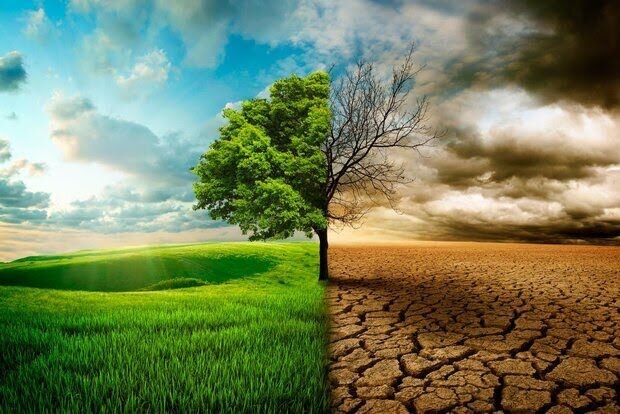Intl. conference on climate change slated for Jan. 2024

TEHRAN - The Seventh International Conference on Climate Change will be held in Tehran on January 29-30, 2024.
The event will focus on "Climate forecast and prognosis, Floods and other climate hazards; Climate change and its consequences; Sustainable development; Climate strength, adaptability, resilience and reduction of harmful impacts,” IRIB reported.
“Climate forecasting patterns; Climate anomalies; Greenhouse gases; Modern technologies in climate change studies; Global warming effects; Climate change and agriculture; Climate change and water resources; Climate change and environment (soil, wildlife, air quality, lakes, rivers, and wetlands); Climate change and energy; Climate change and health; Climate change and its social and economic impacts; Climate change and transportation" will be other axes of the conference.
National plan needed to tackle climate change
On August 14, Sahar Tajbakhsh, the head of the Iran Metrological Organization said, “A national plan including resource management is needed to deal with the consequences of climate change.”
“Today, climate change is known as a security issue in the world and everyone is aware of the effects and hazards posed by that,” she added, IRNA reported.
The official emphasized the need for launching action plans by all countries across the world to reduce greenhouse gases.
“Countries with poor infrastructure are more vulnerable to consequences of rising temperature such as power outages and droughts.”
Tajbakhsh went on to say that it requires global understanding and management to moderate the effects of climate change.
“A practical plan to reduce greenhouse gases should be drawn up for all countries within a geographical region,” she said, adding that Iran also needs a national plan to manage the issue in various areas.
Elsewhere in her remarks, Tajbakhsh said management of water resources should be based on climate change and the use of renewable sources of energy should be on the agenda.
“Unstable infrastructure and land use change are the main causes of numerous floods following torrential rains.”
“Unstable infrastructure and land use change are the main causes of numerous floods following torrential rains.”
She referred to dust storms as one of the consequences of drought, saying: “Climate change may increase wind speed in some areas, intensifying dust storms.”
“For this reason, the World Meteorological Organization emphasizes the need to set up impact-based systems in which weather forecasts can tell in detail what the consequences of an atmospheric phenomenon are in each region.”
“Data-driven information should be collected and integrated. It requires an increase in the number of radars and up-to-date meteorological equipment to monitor information,” Tajbakhsh concluded.
MT/MG
